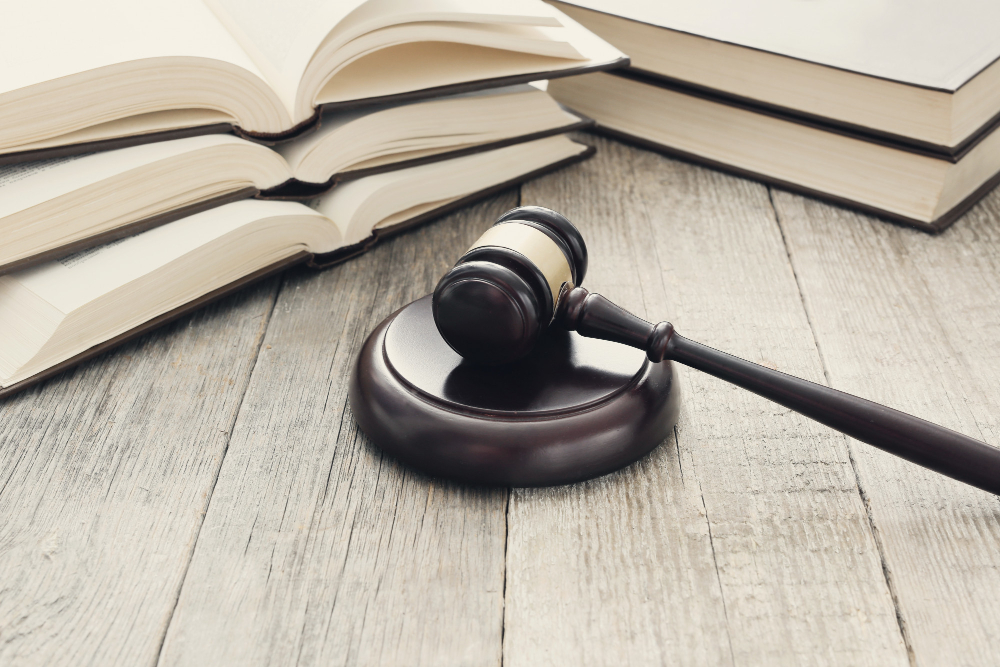
One of the most crucial steps in resolving disputes and prosecuting offenders is the police’s interrogation of witnesses in accordance with the Code of Criminal Procedure (CrPC) 1973. In order to carry out the investigation in accordance with the guidelines of the Criminal Procedure Code of 1973, the police obtain the witness’s statement during the witness examination.
Who is a Witness?
- A witness is someone who observes an event occurring, often a criminal or an accident, or who provides testimony during a court proceeding while under oath.
- The definition of a “witness” is implied by the name itself: any person who saw the crime and has direct knowledge of any incident in a criminal case, which helps the lawyer present their case and the courts render decisions.
- A summons to appear in court and provide a statement is often sent to the witness during a criminal prosecution.
- Additionally, witnesses are classified into various categories according to the role they play in supplying details on an incident that happened in a criminal case.
section 161 crpc explained
- The examination of witnesses by the police is covered in section 161 crpc. This section grants the police the right to question witnesses if it becomes necessary to document their testimonies.
- Throughout the trial, this section’s main objective is to present the evidence to the court. The court will find this information useful in determining what charges to bring against the offender.
section 161 crpc procedure for Examination of Witnesses
Questioning is an essential part of the investigation. One of the most important first steps in enforcing justice is having the capacity to launch an investigation, and this authority is especially crucial in cases when the offense is serious.
- Oral examination of any witness with knowledge of the case’s facts and circumstances is permitted by any police officer conducting an investigation under this section or by any other police officer not below the rank that the State Government may designate for the purpose by general or special order.
- The witness in question is required to provide accurate answers to any inquiries made by the officer regarding the matter at hand, with the exception of any that could result in criminal charges, penalties, or forfeiture.
- Any statement made to a police officer during an examination conducted in accordance with this section may be noted in writing. If this is done, the police officer is required to create a distinct and accurate record of each witness whose statement he records.
- This statement can be captured on video with appropriate audio-visual equipment.
- If this is broken, the witness’s testimony could be worth less. Each witness’s statement needs to be documented separately and reported in detail.
- As a result, the writing should be characterized as the witness’s own testimony and, to the greatest extent feasible, should be an accurate transcription of everything he has said.
This section’s primary goal is to present the court with the truth as evidence when the matter is being tried. The court can utilize this information to formulate charges against the offender.
section 161 crpc amendments
- A clause was added to Section 161(3), which says that the “statement may be recorded by audio-video electronic means,” as a result of the Criminal Procedure (Amendment) Act of 2008. It was passed into law on December 31, 2009.
- As per the Criminal Law (Amendment) Act, 2013, which came into effect on February 3rd, 2013, statements made in relation to specific crimes against women or children under Indian Penal Codes like Section 354 and Section 376, among others, have to be documented by a female police officer or officer. It is added to Section 161(3) of CrPC.
section 161 crpc case laws
- In the case of Sewaki v State of Himachal Pradesh, it was concluded that in accordance with Section 145 of the Evidence Act of 1872, statements given by investigating officers under Section 161 are not subject to cross-examination or recorded under oath. Because they do not substantiate the facts they purport to represent, these assertions do not qualify as substantive pieces of evidence under the rules of evidence.
- In the case of Ravikant Sharma v State of NCT of Delhi, under Section 161 of the Evidence Act, the Supreme Court clarified the privilege with regard to witness statements recorded during an investigation. It held that any order requiring the provision of the “gist” of these statements was unsupportable because the statements of witnesses recorded throughout an investigation do not incorporate the interpretation of the investigation officer.
According to numerous articles of law, the police examination of witnesses is considered a crucial phase in the criminal justice system, during which witnesses are questioned prior to the start of the trial.
The acquisition of evidence for use in the trial is the goal of Section 161 of CrPC. Such statements could lead to the establishment of a charge against the accused in a warrant case or before a sessions court. A thoughtful and thorough approach to questioning witnesses strengthens the case and enhances the administration of justice.
For any latest news, judiciary exams notifications, patterns, etc watch Jyoti Judiciary’s YouTube channel for legal videos for any updates at https://youtube.com/@jyotijudiciarycoaching4852?si=2cwubh9d2A9urwJf









